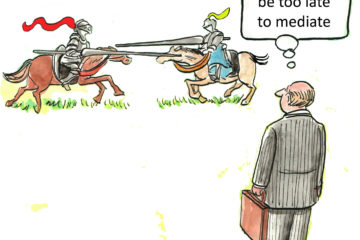
When people are highly emotional their thoughts, feelings and actions can speed up and this can make you speed up as well. Use the power of the pause. Slow down and stay calm before you respond when someone is worked up, anxious or even angry. A recent webinar participant asked.
“If I take my time to answer someone when they are upset won’t it sound a little bit condescending. I’m afraid I might come across as if I already know the answer and am playing them along”.
Variations of this question come up frequently in TUF workshops and webinars.
The power of the pause.
It really is important to slow yourself down before you respond. This will help you and the other person. Take time to breathe deeply, quieten yourself down. Give yourself a chance to notice and acknowledge your own feelings (to yourself). Take a moment to think more about the other person and what might be affecting them that gets them to react the way they do.
Here’s a few points to consider.
Pausing seems counter intuitive.
Most conflict communication that you see is probably in TV soaps where the aim is to create as much drama as possible. TV without drama is boring.
The characters are not designed to promote understanding, problem solving or co-operation. Their scripted and rehearsed dialogue is meant to be rapid, ambiguous and at times clumsy, so the drama intensifies. Being slow and thoughtful would spoil the show. In real life you don’t need that drama. Most people want to get on with each other, sort out conflicts when they arise and work co-operatively. You want to connect with the other person, understand them and co-operate with them. That is much more productive and satisfying than constant drama. (Note: there are some people who need drama to make them feel alive – if you are one of these you don’t have to keep doing this. Try bungy jumping instead, you’ll get even more adrenaline without damaging relationships.)
Myth of modern life: it’s fast paced – get on with it.
In life today you are expected to be able to do things quickly. If you don’t know the immediate answer, you are weak. Politicians practice coming up with quick answers before they face the TV cameras. This makes them look like they are strong and decisive.
It’s okay to be uncertain and thoughtful in real life. When you take time to stop and think you honour the other person by taking them seriously. (Lucky for you that you don’t usually have to do this in front of TV cameras.)
Calm begets calm
Model calmness even if inside you are riled up and want to lash out yourself. This will help the other person calm down when they see you calm down.
When you pause you give yourself a chance to calm down. The instant fight/flight reaction you feel is always there as a protection against real bodily attack. However, when someone accuses you of something in a highly emotional way, your brain and body can react as if this is a physical attack. But it’s not. It can take a few moments for you to register the difference and change the way you respond.
That is the power of the pause. It gives you time to slow down, clam down and really listen to what the other person is upset about.
